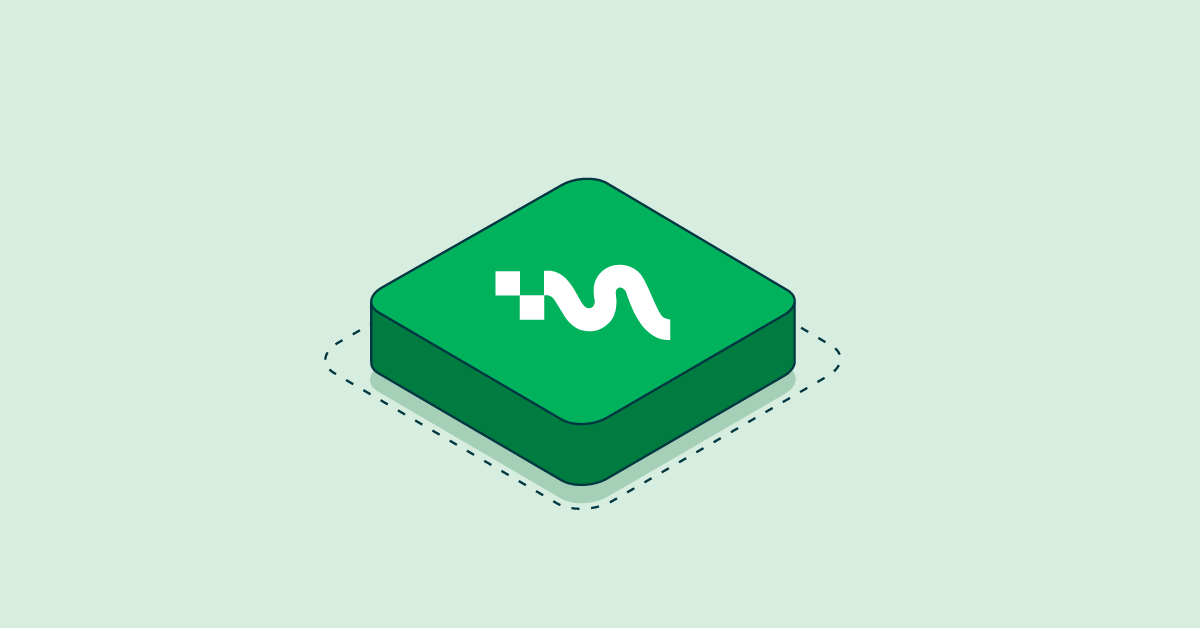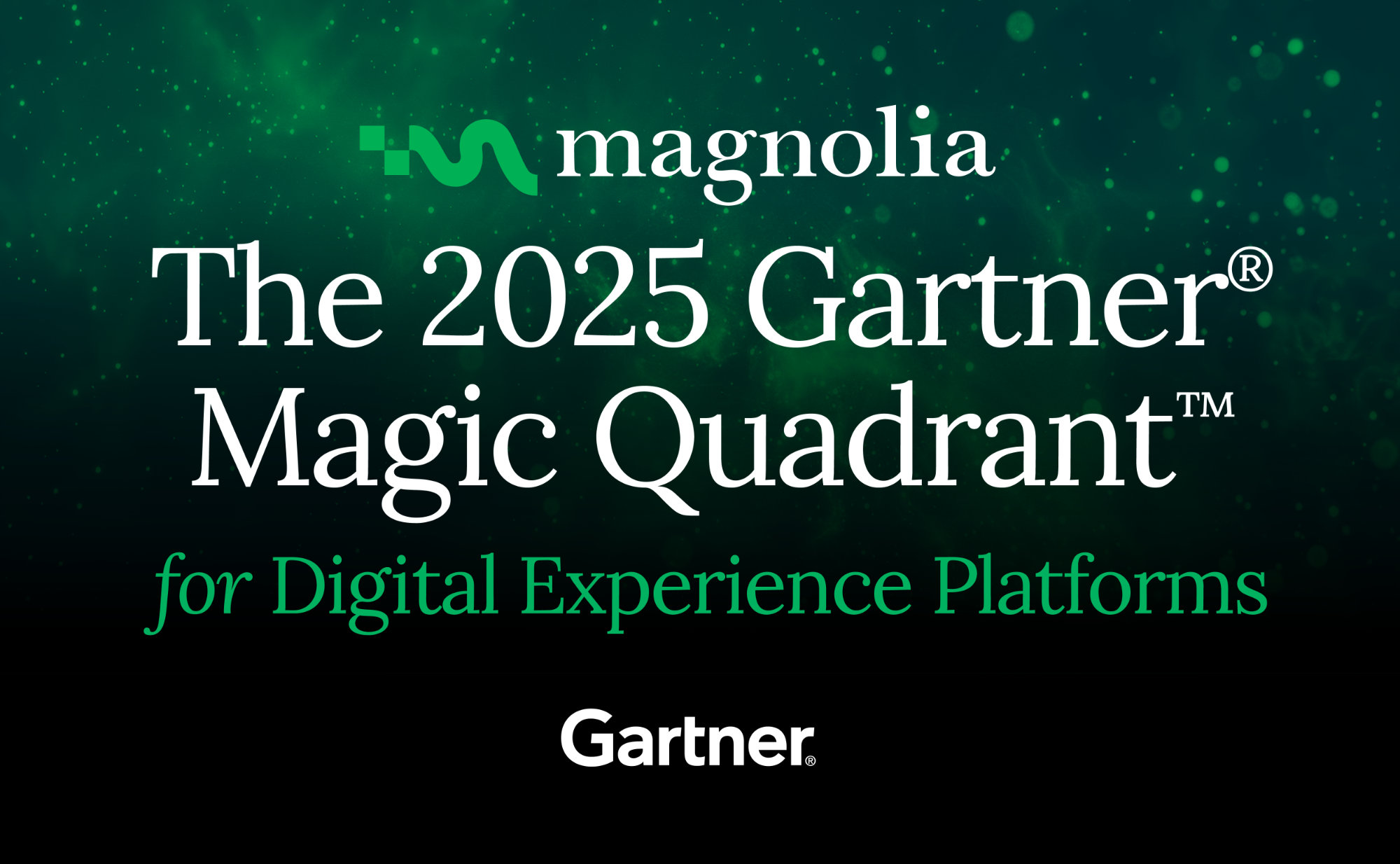- Jun 15, 2024
- 5 min
What Does DXP Mean for Marketers?
Magnolia in action
Take 12 minutes and a coffee break to discover how Magnolia can elevate your digital experience.
Marketers utilize a range of tools to create tailored digital experiences across various channels. Yet, they frequently lack a platform that can unite these tools and enable them to orchestrate the personalized experiences that customers demand. This is where the digital experience platform (DXP) comes in as it provides the capabilities to help marketers do just that.
DXPs are a lifeline for marketers looking to thrive in today’s digital-first world, where customer expectations for seamless and personalized experiences are constantly increasing. With the help of DXPs, marketers can transform each touchpoint into an opportunity to engage, captivate, and retain customers.
A DXP can help marketers solve some of the most common challenges they face: meeting omnichannel requirements and collaborating effectively with the IT department to drive results.
As a modern marketer, you’re well aware of the various challenges engulfing the digital landscape. Nowadays, the task for marketers has shifted from managing content to orchestrating entire digital experiences across several channels. Continually changing customer behaviors, an ever-increasing number of potential customer touchpoints, and several new technologies entering the fray all impact your ability to implement a compelling digital experience.
According to Forrester, brands today can reach consumers on more than 300 digital touchpoints, and that number is growing quickly. This brings the complexity of the consumer digital touchpoint landscape to an entire new level.
In order to keep up and successfully execute your marketing strategy, you need access to not only the right tools, but also a way to connect all the pieces and combine them into one cohesive unit that helps you manage these experiences today. A digital experience platform (DXP) provides the capabilities to help marketers do just that. However, the question you need to ask is if your current platform is meeting your requirements?
Why should you care?
The digital journey is vastly different than it ever has been before. It now includes not just a website but an assortment of digital channels, from mobile apps to smartwatches. This has created new avenues for customer interactions but also placed more pressure on marketers to keep up with the demand for a personalized experience.
A DXP forms the foundation of your marketing tech stack, and it allows you to manage the customer journey across all your digital touchpoints efficiently. A DXP gives you visibility of every place your customer interacts with your brand and enables you to provide them with a relevant and personalized content experience each time.
Also, the reality is that most marketers have too many tools to manage. The result is a suite platform where they don’t use half of the tools at their disposal or a group of disconnected tools that are difficult to integrate and result in silos for sharing data as required. By understanding the effectiveness of your current DXP technologies, you can potentially consolidate these different pieces of technology and achieve a better ROI.
So, now you know why you should care about a DXP, what is it?
What is a DXP?
A DXP is the combination of all the tools you use to manage your digital customer experience.
Content management system: Helps you to manage your content and orchestrate digital experiences, including how content is created, the workflows teams go through, and the tools they need to deliver content to multiple channels.
Analytics: Tools to assess campaign performance and effectiveness. Everything from A/B testing to traffic analysis, customer engagement, and more.
Personalization: Tools that enable you to track user behavior and engage customers at different points within their journey with specific and relevant content.
Digital asset management: Stores all of your digital content and other assets in a central location. This makes it easier to find and retrieve images, videos, and more whenever you need them for your marketing campaigns.
Integrations: Modern digital experiences combine many different tools and services. Your DXP needs to integrate to services such as commerce engines, customer data platforms and other internal systems to really meet customers needs.
You may be familiar with many of these core technologies as part of your everyday use as a marketer. However, these capabilities only scratch the surface, as every tool within your marketing tech stack is part of the digital experience platform and critical to your ability to create and implement digital experiences.
Read more: What is a DXP? (Digital Experience Platform)
Solving modern problems with your DXP
Marketers have many challenges that they need to overcome, and a DXP can help them solve those challenges. Our marketer’s survey report has shed some light on many of these challenges, including:
Independence from IT
Many marketers find it difficult to collaborate with IT. This lack of collaboration is causing problems, including the fact that 57% of marketers struggle to create landing pages without IT assistance. Even editing website copy remained an issue for 36% of marketers. A strong DXP strategy eliminates these issues, freeing marketers to build independently and control their schedules without external dependencies. It’s a win for IT teams too - less time supporting routine publication means more time to build new features and work on other high-value projects.
Delivering consistently across channels
Customers expect you to be consistent in your message, no matter where you’re talking to them. After all, if you say different things in different places, what should they believe? However, a disconnected digital strategy makes this very likely. If different channels are owned by different teams using different tools, delays and mistakes in rolling out new or updated content are inevitable. A modern DXP that natively supports multiple channels with headless content can prevent this chaos, letting you deliver great and consistent messages to customers with a much more effective and flexible team setup.

If you’re looking for DXP that does all of that, you’re in the right place already. Let us show you more about how it all works today—I think you’ll be impressed.









